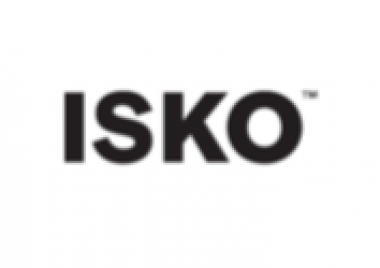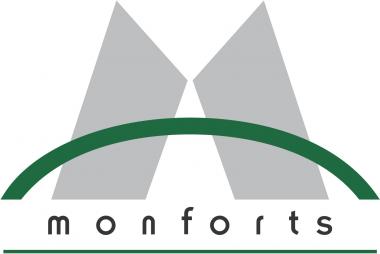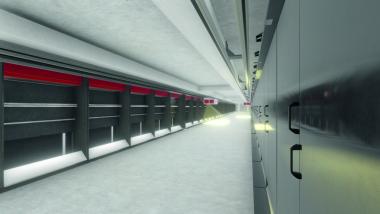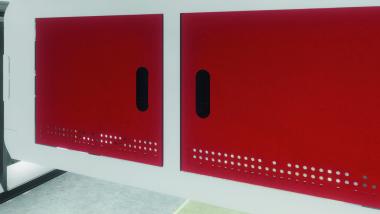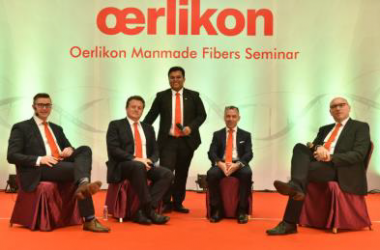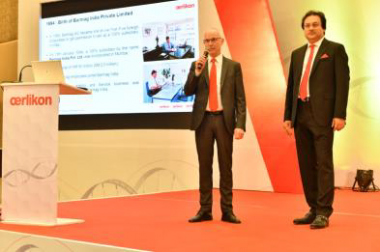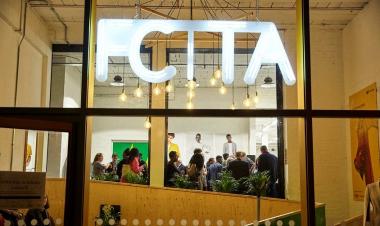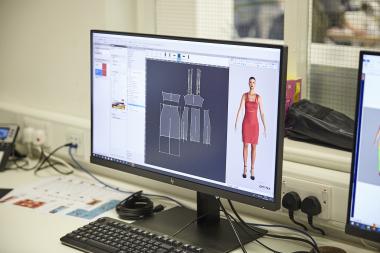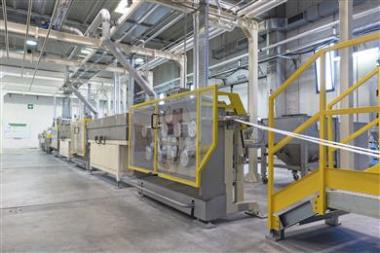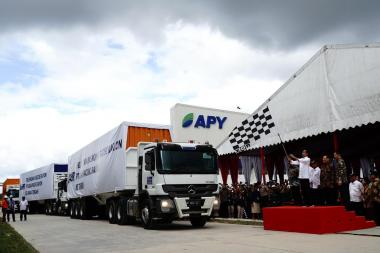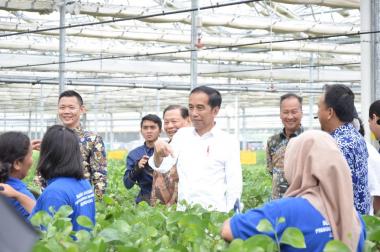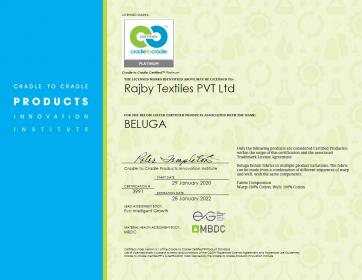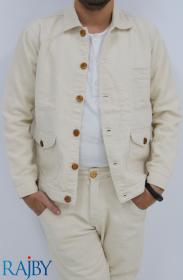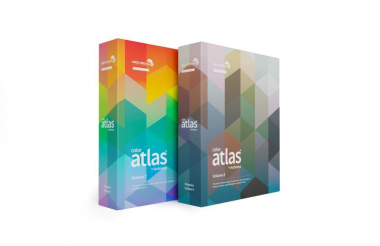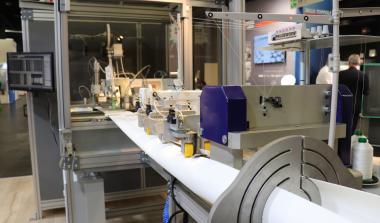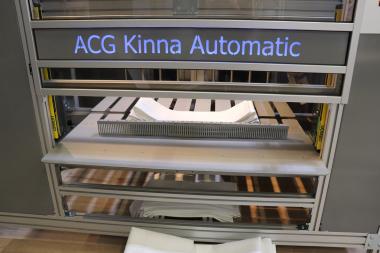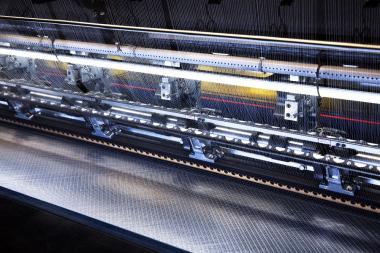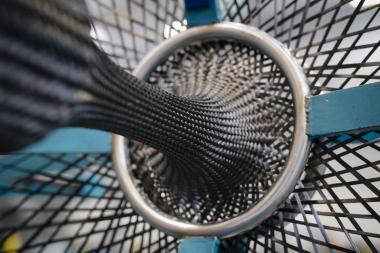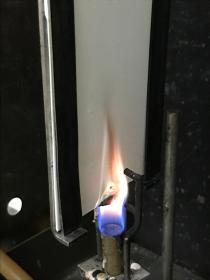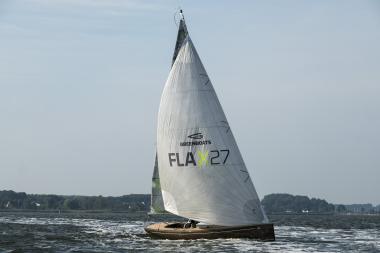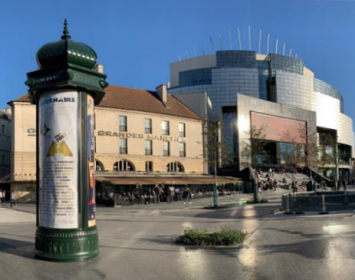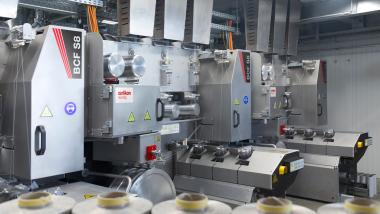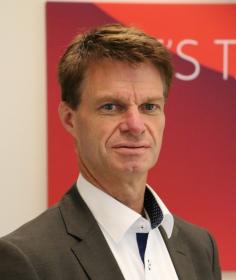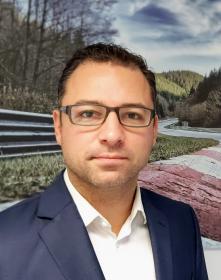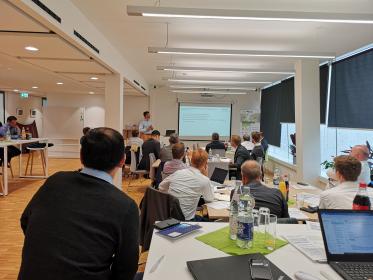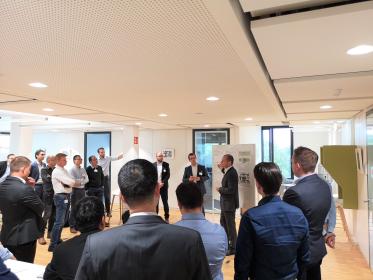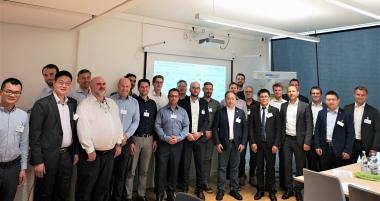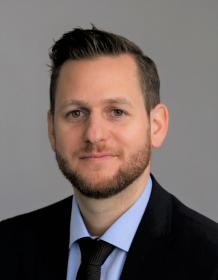ISKO shared R-TWOTM, its 100% responsible platform, at Drapers Sustainable Fashion Forum
Supporting the industry through innovation and creativity.
The leading denim ingredient brand hosted a special panel to discuss some of the pioneering advancements in technology that are making the fashion industry more responsible: from R-TWOTM to automated laser technology.
With the fashion industry being considered one of the world’s most polluting businesses-sectors, collaborating and knowledge sharing are key in finding solutions for a better future. Fully aware of this scenario, for the second year running, ISKO was the headline sponsor at Drapers Sustainable Fashion Forum, the authoritative event bringing together the most responsible players to discuss what can be done to tackle the industry’s environmental and social issues through innovation and creativity.
Sharing knowledge, collaborating for change.
As evidence of its pioneering Responsible InnovationTM approach, ISKO shared its founding values of creativity, competence and citizenship by showcasing the R-TWOTM program, its latest responsible achievement, in a dedicated stand.
Stemming from the mill’s holistic vision, R-TWOTM represents a great example of how reducing, reusing, and recycling strategies can be implemented in a textile business to improve its environmental performance. With the goal to create fabrics that can provide both quality and responsibility, ISKO has developed this platform, which deals with the most critical issue that apparel supply chains are currently faced with: using more than what actually needed.
ISKO


